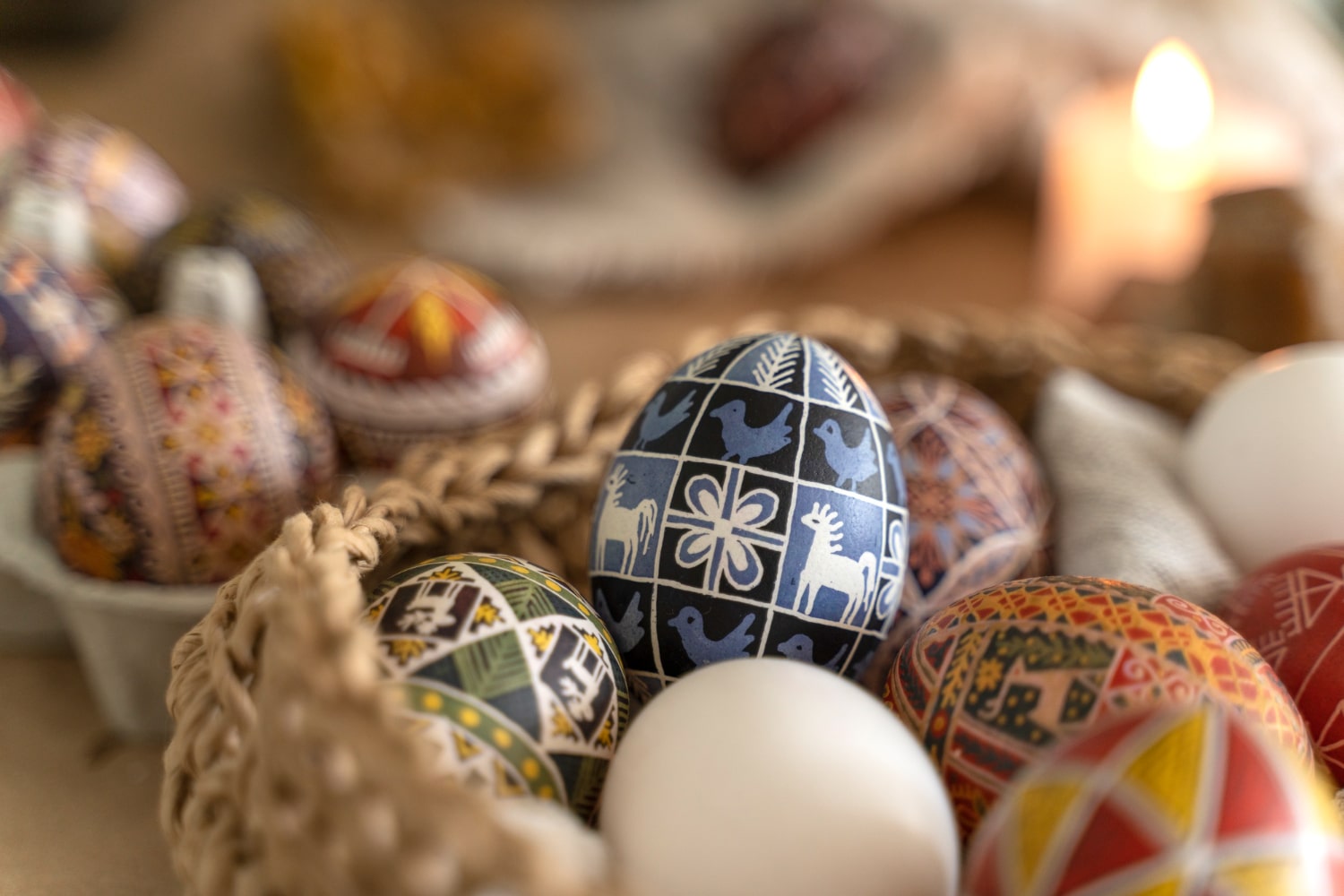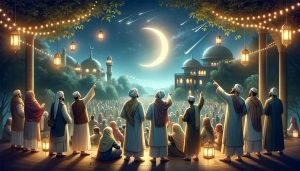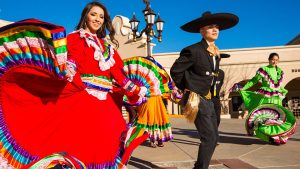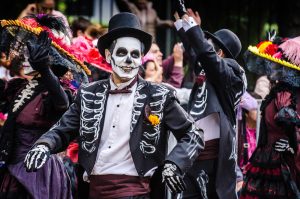
37 interesting facts about Easter
- 👁️ 1277
Easter is one of the most celebrated holidays around the world, especially within the Christian community. It marks the resurrection of Jesus Christ and is considered the culmination of the Passion of Jesus, following a 40-day period of fasting, prayer, and penance known as Lent. The date of Easter varies from year to year, as it is based on the lunar calendar and falls on the first Sunday after the first full moon following the vernal equinox. Alongside its profound religious significance, Easter is also a time of joyous celebration, with various customs, traditions, and symbols that have evolved over centuries. Here are 37 fascinating facts about Easter:
- Easter Sunday can fall on any date between 22 March and 25 April.
- The practice of exchanging eggs dates back to ancient civilisations, long before the Christian era.
- The Easter Bunny was first mentioned in German writings in the 1600s, and its arrival in America was recorded in the 1700s.
- In 2022, the Vatican held the Way of the Cross procession virtually for the first time due to the COVID-19 pandemic.
- The UK’s first chocolate egg was made by John Cadbury in 1875.
- The world’s tallest chocolate Easter egg was crafted in Italy in 2011, standing at 10.39 metres.
- Fabergé eggs, the most famous decorative eggs, were Easter gifts for Russian Tsars in the late 19th century.
- Pysanky, the art of decorating eggs in Ukraine, is a tradition that has been practiced for over a thousand years.
- In Sydney, Australia, the Royal Easter Show has been held every year since 1823, showcasing the country’s rural industries.
- The famous Oberammergau Passion Play in Germany has been performed every 10 years since 1634, as a tradition of Easter celebration.
- The iconic Easter Parade in New York started in the 1880s, evolving from the tradition of the city’s elite strolling after church in their finery.
- The White House Easter Egg Roll tradition began in 1878 with President Rutherford B. Hayes.
- The dish of lamb is often served on Easter Sunday, representing Jesus, the Lamb of God.
- Pretzels were historically an Easter food, with the twists symbolising arms crossed in prayer.
- Easter lilies symbolise purity and resurrection, and are a popular decoration in churches and homes.
- In Bermuda, people fly kites on Good Friday to symbolise Christ’s ascent into heaven.
- The Haux omelette in France is an Easter tradition, where over 4,500 eggs are used to feed the town’s residents.
- In Spain, Semana Santa (Holy Week) is marked by grand processions and colourful festivities.
- Easter Monday is a public holiday in many countries, though it is not universally observed.
- The tradition of wearing new clothes on Easter comes from the notion that it brings good luck.
- In Ireland, people often dance traditional jigs and reels as part of the Easter celebration.
- Some churches ring their bells joyously on Easter morning to announce Christ’s resurrection.
- Corfu, Greece, has a tradition of throwing pots out of windows on Holy Saturday to symbolise new crops being gathered in new pots.
- Easter eggs were once used as currency in Russia, where they were exchanged for goods and services.
- The town of Bessières in France cooks a giant omelette on Easter Monday, enough to feed more than 1,000 people.
- Easter baskets were traditionally used to carry food to church to be blessed on Holy Saturday.
- The first story of a rabbit hiding eggs in a garden was published in 1680.
- In Italy, the Scoppio del Carro (“Explosion of the Cart”) in Florence is a centuries-old Easter tradition that involves a fireworks display.
- In some Eastern Orthodox traditions, Easter eggs are dyed red to represent the blood of Christ and then cracked together in a game.
- Pope Francis washed the feet of prisoners in Rome on Holy Thursday in 2013, following the example of Jesus washing the feet of his disciples.
- The Salt Lake Mormon Tabernacle Choir has performed Handel’s “Messiah” every Easter since 1920.
- In 2007, an Easter egg covered in diamonds sold for almost £9 million.
- Rolling Easter eggs down hills to represent the rolling away of the stone from Jesus’ tomb is a tradition in some cultures.
- Easter is not a public holiday in Scotland, unlike other parts of the UK.
- The German town of Pomerode hosts Osterfest, a festival celebrating German Easter traditions.
- Malta hosts a unique pageant called “Ġostra” during Easter, where participants try to grab one of three prizes on a greasy pole.
- The “Dance of Death” procession in Verges, Spain, occurs on Maundy Thursday and includes people dressed as skeletons parading through the streets.
Easter’s rich tapestry of traditions, customs, and rituals reflects a deep and varied cultural heritage. From religious observances to secular celebrations, the holiday unites communities in different parts of the world in commemorating rebirth and renewal. Whether through artistic egg decorations, symbolic foods, or festive parades, Easter continues to be a time of reflection, joy, and connection, showcasing the beauty and diversity of human expression.











